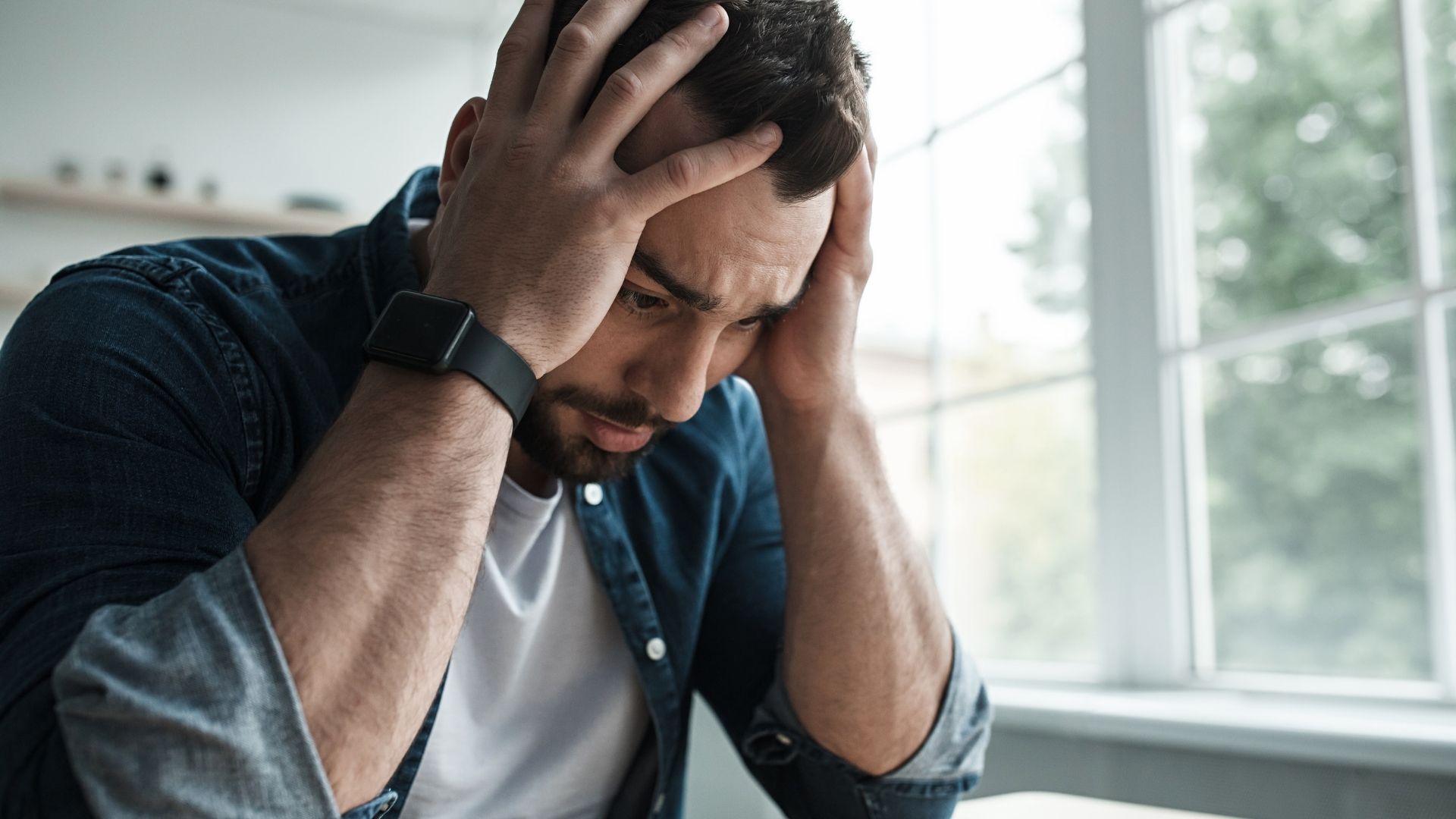Specialist Dr. Yaprak Arslan Psychiatrist & Psychotherapist
İzmir Psikiyatrist
İzmir Psikoterapist
izmir Psikolog
Psikiyatrist
Psikoterapist
Psikolog
Major Depression
Generalized Anxiety Disorder
Social Phobia
Panic Attack
Obsessive Compulsive Disorder OCD
(ADHD) Attention Deficit Hyperactivity Disorder
Bipolar Disorder
Depression Treatment
Supportive Psychotherapy
EMDR
Sex Therapy
Schizophrenia and Other Psychotic Disorders
Impulse Control Disorder: Diagnosis, Causes and Treatment Methods

Today's fast and intense pace of life can cause many people to encounter emotional and behavioral problems. One of these problems is a psychiatric condition called "impulse control disorder." Impulse control disorder is the inability of an individual to resist impulses that suddenly appear and to control these impulses despite their negative consequences.
What is Impulse Control Disorder?
Impulse control disorder is characterized by the individual's inability to stop themselves and exhibiting risky, harmful or socially norm-contradictory behaviors. Individuals with this disorder act in an uncontrolled manner for momentary gratification or relief, and often regret it. The most common urge control disorders include:
- Trichotillomania: The behavior of pulling out hair, eyebrows, or other body hair.
- Pathological gambling: Risky and repetitive gambling.
- Intermittent explosive disorder: Sudden outbursts of anger and uncontrolled aggressive behavior.
- Kleptomania: Inability to resist the urge to steal.
- Pyromania: The urge to set fires.
Impulse Causes of Impaired Control
The exact causes of this disorder are unknown, but a combination of genetic, biological, and environmental factors may be at play. Here are some possible causes:
- Brain Chemistry Imbalances: Imbalances in neurotransmitters, particularly dopamine and serotonin, can disrupt impulse control. can make it difficult.
- Traumatic Experiences: Traumas, violence or neglect experienced during childhood can pave the way for such disorders.
- Genetic Predisposition: Having individuals with similar problems in the family can increase the risk.
- Cultural and Social Factors: Repressive or overly permissive upbringing styles can affect an individual’s impulse control skills.
Treatment of Impulse Control Disorder
The main goal of treating impulse control disorders is to help the individual recognize their impulses and control them. Treatment is planned specifically for the individual and usually includes the following methods:
- Psychotherapy
The aim is to help the individual recognize and change negative thought and behavior patterns and to develop impulse control. It especially supports increasing the ability to cope with intense emotional reactions and controlling impulsive behaviors. - Drug Treatment
- Medications such as antidepressants, antipsychotics or mood stabilizers can help with impulse control. can be used to strengthen.
- Support Groups
- Sharing with others who are struggling with similar issues provides both emotional support and makes the process of overcoming problems easier.
- Lifestyle Changes
- Exercising regularly, eating healthy and learning stress management techniques can help boost the urge. can positively affect control.
- In addition, practices such as mindfulness can help an individual notice their impulses and respond to them more consciously.
Conclusion: A Controllable Condition
Impulse control disorder can seriously affect an individual's quality of life. However, it is possible to overcome this condition with the right treatment and support. Early diagnosis and an appropriate treatment plan help an individual adapt to both themselves and their environment in a healthier way. If you or someone you know exhibits such behaviors, do not neglect to seek support from a professional. Remember, every problem can be alleviated and quality of life can be improved through solutions.
Psikiyatrist & Psikoterapist
